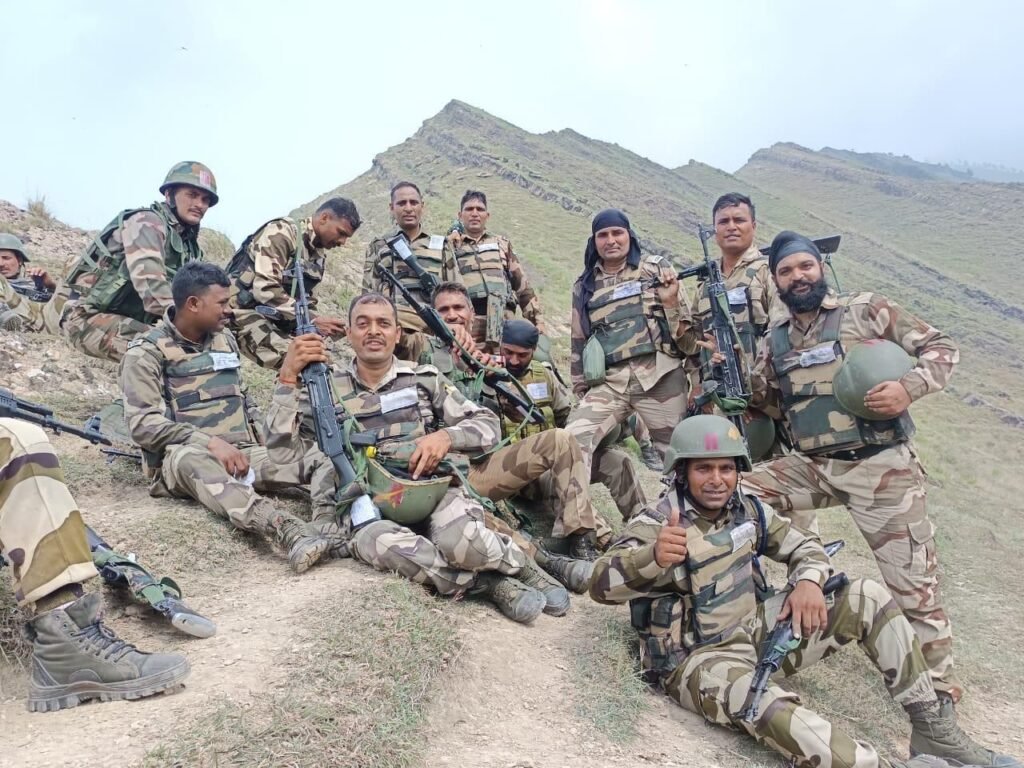Jhakhari | news views post,
In a landmark move to sharpen its operational edge, the Central Industrial Security Force (CISF) has launched its first-ever full-batch combat training in collaboration with the Indian Army in the Kashmir Valley. This marks a significant evolution in CISF’s strategy, aiming to prepare its Quick Reaction Teams (QRTs) for real-time response against modern, unconventional threats.

“Battle Ready” — A New Doctrine of Preparedness
CISF defines being “Battle Ready” as the ability of its personnel to swiftly and effectively respond to critical incidents at India’s most sensitive assets—such as airports, nuclear power stations, Parliament, and major government buildings. The training focuses on tackling threats like drone strikes, terrorism, insider sabotage, and coordinated attacks with precision and speed.
Army-Grade Combat Training for Urban Forces
Deputy Commandant Shri Kaushlendra Singh, of CISF Unit at SJVNL Jhakri, revealed that the current batch is undergoing advanced joint drills with Indian Army’s special units. Unlike previous years—where only a few select CISF personnel trained with the military—this time, an entire QRT batch has been inducted, highlighting deeper synergy and national security alignment between both forces.
Key Training Highlights:
- Advanced Night Operations
- Intensive Jungle Warfare Techniques
- Close Quarter Battle (CQB) skills
- Endurance Drills to improve physical and mental resilience
These modules are specially tailored to extend the CISF’s traditional urban security experience into combat-readiness for high-risk zones and hostile environments.
Handpicked for Excellence
Only the fittest and most agile CISF commandos—under the age of 35—have qualified for this elite program. All selected members have cleared a Battle Physical Efficiency Test (BPET) on par with NSG standards, and have completed six months of in-house preparation prior to deployment.
Expanding Horizons: What’s Next?
The CISF plans to scale up this model across its other units, especially those guarding strategic and high-threat installations. The ultimate goal is to forge a force that is not just reactive but pre-emptively equipped—both physically and strategically—to defend against evolving threats.
As the security landscape becomes increasingly unpredictable, CISF’s integration with Army-style preparedness reflects a bold shift toward military-grade vigilance in civilian security infrastructure.


















